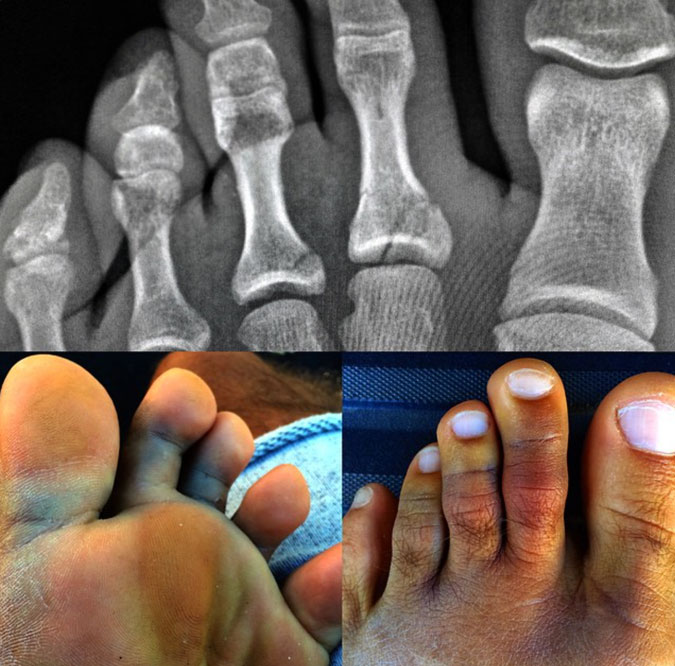
Familiarity breeds contempt. Feeling at ease at your local break is one thing, but allowing a sense of invincibility to creep in is an altogether more dangerous situation. Experience puts you ahead of the game, but it doesn’t protect you.
The longer we surf, the more our understanding of the ocean evolves. We become acutely in-tune with the swirling currents, come to understand what effect the ebbing or flowing tide will have on the waves, and learn to appreciate the mechanics of the breaking wave. We often know what a wave is the going to do even before it does it. Surfers pride themselves on their ability to read and react to the conditions. Whether it’s driving down the line in search of a reforming section, or stalling the board in anticipation of the elusive cover-up, our understanding of the sea’s behavior is an essential component of our makeup as a surfer.
Yet it’s all too easy to misunderstand this connection with the ocean and drift into the realms of complacency, a dangerous mindset with which to enter the water. Surfing is one of the few sports where a single mistake can result in paying the ultimate price.
Accidents in sport happen. Risk is a fundamental element of the adrenaline rush; it’s why we participate. Sport separates us as individuals, allows us to distinguish ourselves from the crowd. An element of danger heightens the sense of achievement and amplifies the rush. Yet there are few leisure pursuits that come with such a real and often understated risk attached as surfing. According to figures from the internet (which means they must be true) annually there are 2.38 deaths per 100,000 surfers entering the water. To contextualize this, skiing sees 0.06 fatalities for every 100,000 participants. Put simply you’re 45 times more likely to pop your clogs riding waves than charging down a mountain with planks strapped to your toes. An interesting stat considering the insistence of the snow sports industry to ensure that everybody has fully comprehensive, rapid response, emergency-evacuation-enabled extreme sports insurance. How many of us are insured for what goes on in the water?
And it’s not just in giant waves where the risks are high. It’s easy to think that the only surfers at risk are those charging giant slabs in the world’s most famous big wave spots. In fact with modern safety equipment, jet-ski support, and numerous backup crews, the element of risk in these situations has reduced dramatically.
It’s often the most innocuous of events that leads to potentially compromising situations. Evan Geiselman’s wipeout at Pipe last December is an example of the most normal of circumstances very quickly turning sour. A tumble that initially (at least on the North Shore) didn’t even warrant a second glance changed Evan’s life. No one is immune to the hand of fate. Keala Kennelly’s horrific facial laceration at Teahupoo was a near miss. Joel Parkinson’s heel slice could have turned out much differently, had that fin hit somewhere else. It’s just fortunate that those guiding the universe deemed it not to be their time and let them surf another day.
These are not isolated incidents. How many of us have pulled into the most innocuous of closeouts only to pop to the surface with cuts from our fins or broken toes. It happens to everyone. Remember Kelly Slater’s broken foot?

Kelly Slater’s left foot has seen better days. Photo: @kellyslater
Those surprising little injuries lead us to ask: how on earth did that happen? And how many of us can pinpoint specific incidents from our own surfing experience where we think: that could have turned out very differently, and not necessarily for the better.
Familiarity breeds contempt. Feeling at ease at your local break is one thing, but allowing a sense of invincibility to creep in is an altogether more dangerous situation. Experience puts you ahead of the game, but it doesn’t protect you.
Which is why once in a while it’s not necessarily a bad thing to be on the receiving end of a grisly wipeout. One of those check-you-can-still-operate-all-your limbs, dab-your-face-for-traces-of-blood type wipeouts. It reminds you that, despite your best intentions, you can never predict what the ocean has in store. We can all anticipate what we think is going to happen in certain situations. But as soon as we assume we know exactly what is going to happen, we’re going to come unstuck, and being taken unawares in the ocean can have disastrous consequences.
We all need the occasional wake up call to remind us not to take the ocean for granted. Breaking waves have little regard for the wellbeing of those screaming down their open faces. Whatever your ability, a little bit of seawater flushing through the sinuses is not necessarily a bad thing. It keeps us humble, emphasises that we’re not playing by our own rules. Instead we’re at the whim of millions of tons of ferociously moving water. And if it’s not in the mood to play nice, then we better have our wits about us.

